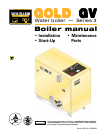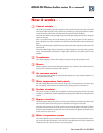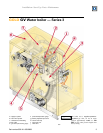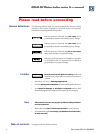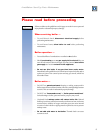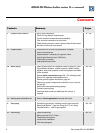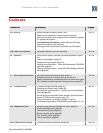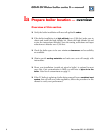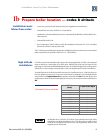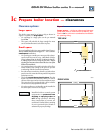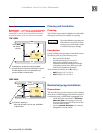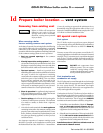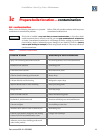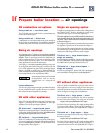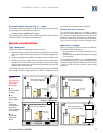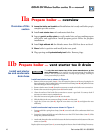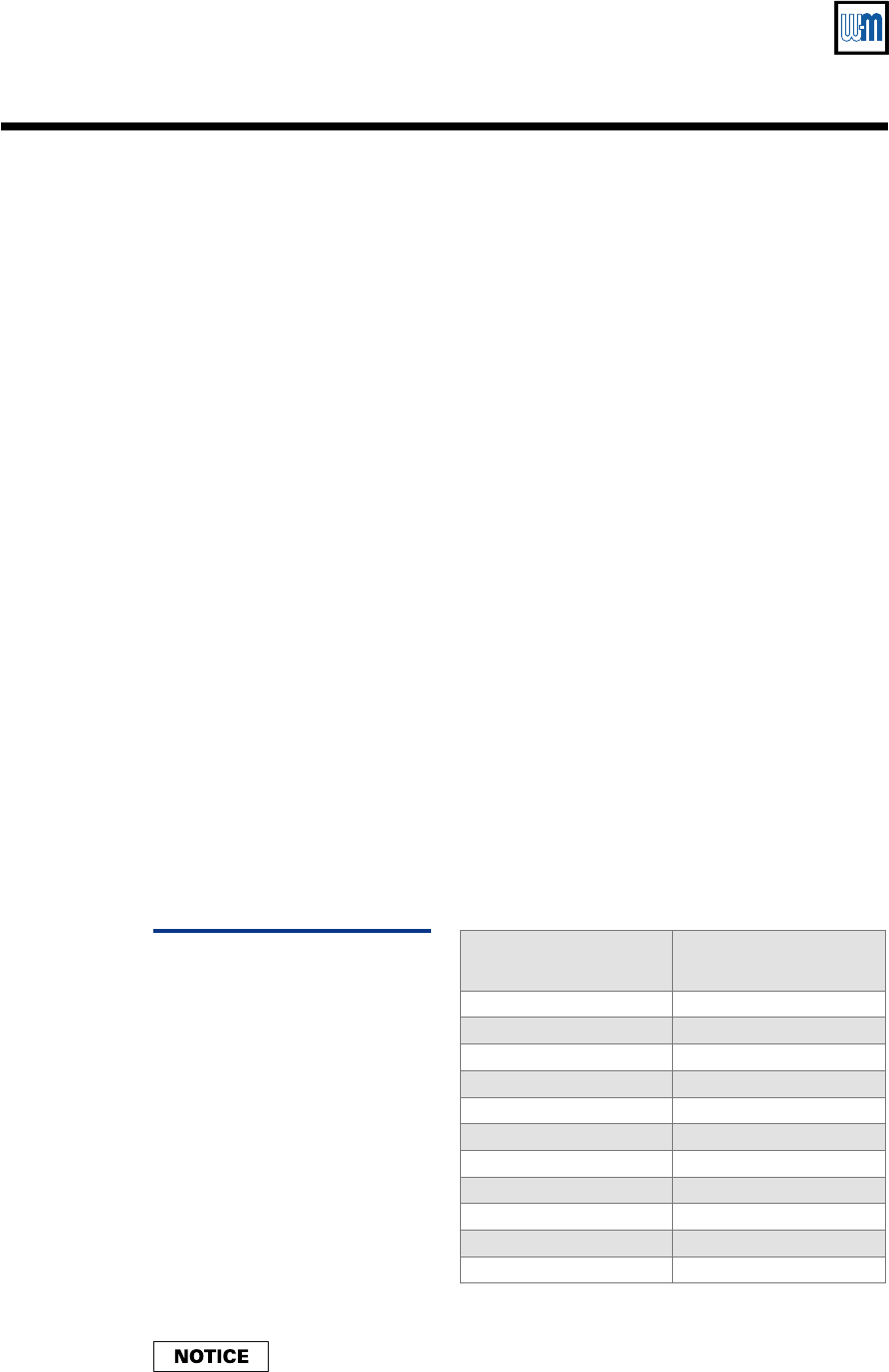
9Part number 550-141-850/0699
• Installation • Start-Up • Parts • Maintenance
• Local, state, provincial, and national codes, laws, regulations and ordinances.
• National Fuel Gas Code, ANSI Z223.1- latest edition.
• Standard for Controls and Safety Devices for Automatically Fired Boilers, ANSI/ASME CSD-1,
when required.
• National Electrical Code.
• For Canada only: CAN/CGA B149.1 or B149.2 Installation Code and C.S.A. C22.1 Canadian
Electrical Code Part 1 and any local codes.
The GV boiler gas manifold and controls met safe lighting and other performance criteria when
boiler underwent tests specified in ANSI Z21.13 — latest edition.
Altitude
(feet)
% Sea level input
1,000 97
2,000 93
3,000 90
4,000 87
5,000 83
5,500 82
6,000 80
7,000 77
8,000 74
9,000 72
10,000 69
Table 1
Estimated GV input at altitude
Prepare boiler location — codes & altitudeIb
Installations must
follow these codes:
High altitude
installations
GV boiler controls automatically reduce input with increasing altitude. See Table 1 for estimated
input at altitude as a percentage of sea level input. Multiply the boiler sea level input by this
percentage to obtain the estimated high altitude input. Note that the length of the venting system
will also have a minor impact on input. Refer to the vent supplement for further information.
No modifications to the boiler should be necessary for installations up to 5,500 feet above sea
level. For higher elevations, the air pressure switch must be changed to a special high altitude
switch. Refer to the high altitude kit instructions, manual Section IId. Note that the gas valve
outlet pressure must be checked (and adjusted if necessary) in accordance with manual Section
VIIf.
At altitudes above 5,500 feet, GV boilers can be sidewall vented only when
using direct vent (ducted combustion air). GV boilers can be vertically vented
in any of the configurations shown in the vent supplements. Refer to vent
supplements for more detail.



